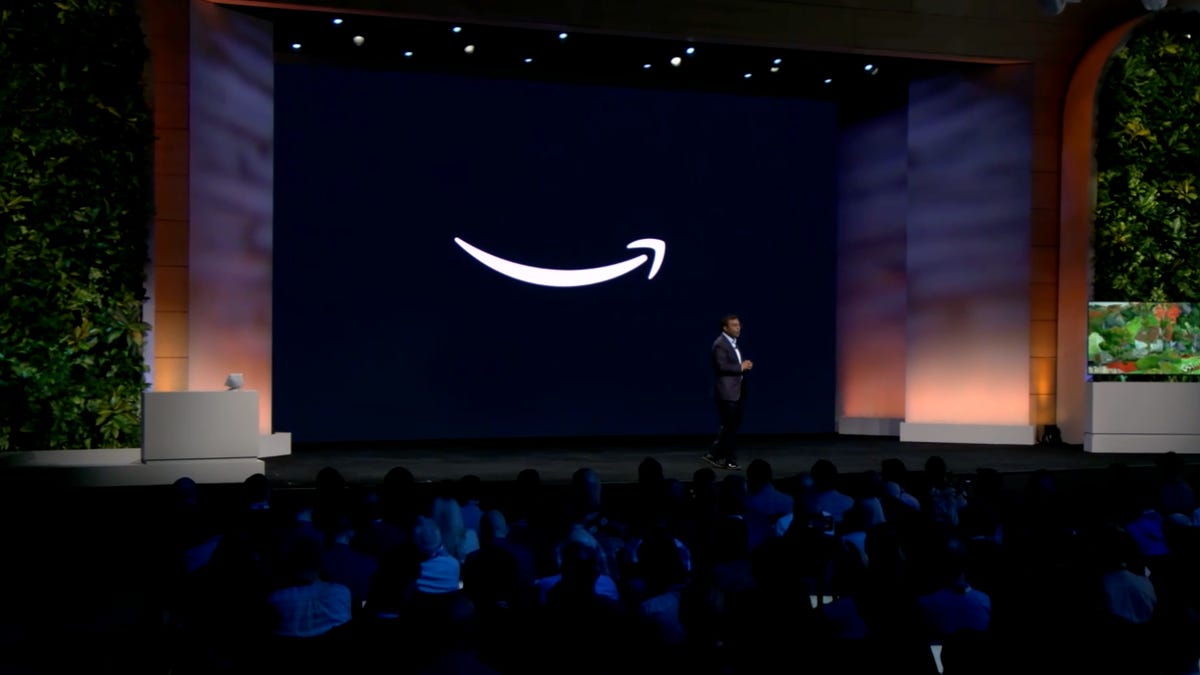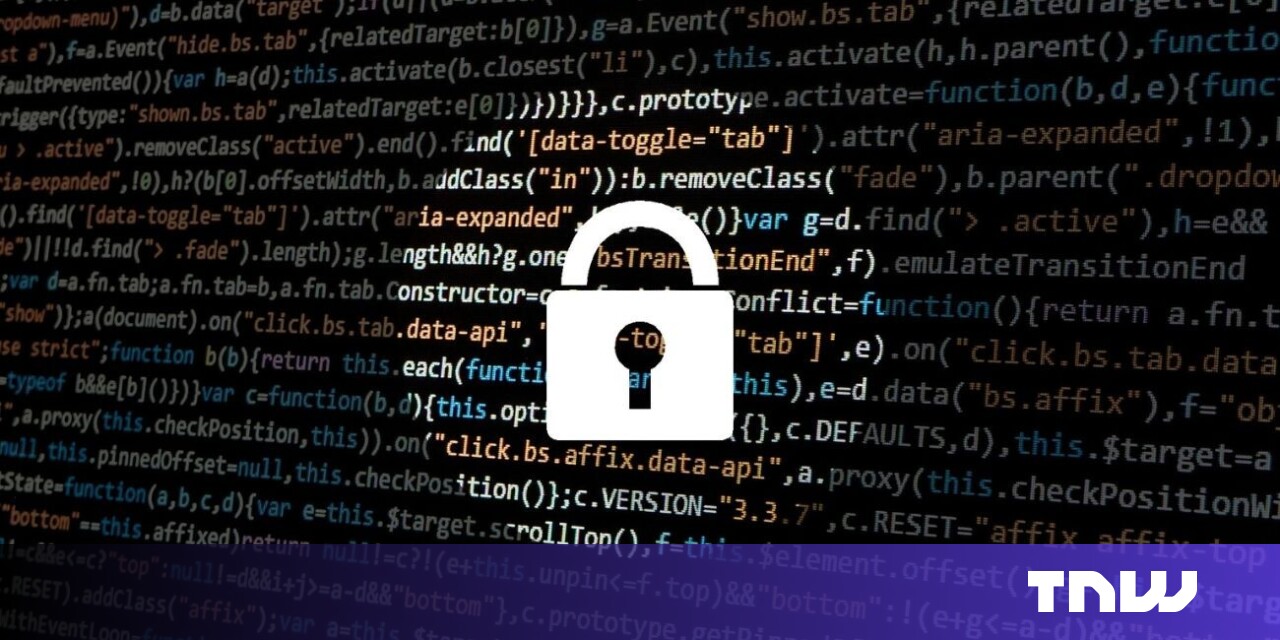In 2030, digital wallets replace all cards.
In 2030, digital wallets replace all cards.
The Rise of Digital Wallets: Microsoft Joins the OpenWallet Foundation

In the race for world domination of digital wallets, Microsoft has taken a significant step by joining the OpenWallet Foundation (OWF). The announcement came at the Open Source Summit Europe, with the foundation’s goal being to create secure and interoperable digital wallets through open-source initiatives. The OWF already boasts support from industry leaders such as Google, Ping Identity, and neosfer.
From Mystery to Mainstream: The Power of Digital Wallets
Just a few years ago, the concept of a digital wallet, also known as an eWallet, was still shrouded in mystery for most people. However, today, digital wallets like Apple Pay, Google Pay, and Samsung Pay are rapidly replacing credit cards and cash for both online and in-person purchases. But the functionality of digital wallets goes beyond contactless payments. They can now store driver’s licenses, boarding passes, library cards, and more. In essence, everything that used to reside in your physical wallet can now be accessed from your mobile device.
According to OpenWallet founder Daniel Goldscheider, the OWF’s mission is not to create yet another wallet, but to build a common-core shared software that enables interoperability among all digital wallets. The goal is to create open, secure, and multipurpose wallets that adhere to common standards.
Marie Austenaa, Visa’s head of digital identity, emphasized the importance of open-source technology and standards in creating a trusted ecosystem for digital wallets. Without such an ecosystem, users would have to navigate a fragmented landscape of incompatible programs and protocols, which is far from ideal.
Contributions from Industry Leaders
Google, in its commitment to building secure and privacy-preserving solutions, has contributed its identity credential library code to the OWF. This code aids developers in creating applications that align with mobile driver license specifications. It also includes a production-quality example wallet and verifier applications.
Ping Identity, as a foundational member of the OWF, has pledged to contribute code components covering various protocols and formats. Their aim is to enhance interoperability with the Ping Identity ecosystem and provide a reference implementation.
neosfer’s esatus and Lissi, in a joint contribution, are introducing their multi-platform Wallet Framework .NET. This framework empowers .NET developers to create their digital wallets and aligns with the goals of the European Identity Wallet initiative.
Microsoft’s Re-entry into the eWallet Space
Microsoft Pay (formerly Microsoft Wallet) is a mobile payment and digital wallet service that previously failed to gain much traction. However, with its recent partnership with the OWF, Microsoft is making a comeback. Visa’s Marie Austenaa expressed excitement about Microsoft joining the foundation, as it will contribute to solving security challenges across all digital wallets.
Pamela Dingle, Microsoft’s director of identity standards, highlighted the company’s long-standing commitment to open identity standards development. She sees their involvement with the OWF as an opportunity to develop best practices for security, interoperability, and compliance in the realm of digital wallets.
The Future of Digital Wallets
Digital wallets have already gained significant traction, with over half of consumers now using them more frequently than traditional payment methods. According to a Forbes Advisor survey, 51% of users would stop shopping with a merchant that doesn’t accept eWallet payments.
Currently, the most popular digital wallet apps are PayPal, Google Pay, Apple Pay, and Samsung Pay. Peer-to-peer apps like Cash App and Venmo are also widely used. Users primarily access digital wallets through smartphones and smartwatches.
The OpenWallet Foundation aims to provide a common platform for all these payment options, as well as the integration of driver’s licenses, passports, and other personal identification. With the high adoption rates, especially among younger consumers, it’s not a question of whether eWallets will replace traditional wallets, but when. Experts predict they will dominate the market by the end of this decade.
In conclusion, the inclusion of Microsoft in the OpenWallet Foundation signifies a major step forward for the digital wallet industry. With the collective efforts of industry leaders, the foundation aims to create a trusted, interoperable, and secure ecosystem for digital wallets. As consumers continue to embrace the convenience and versatility of these wallets, the era of traditional wallets may soon become a thing of the past.






